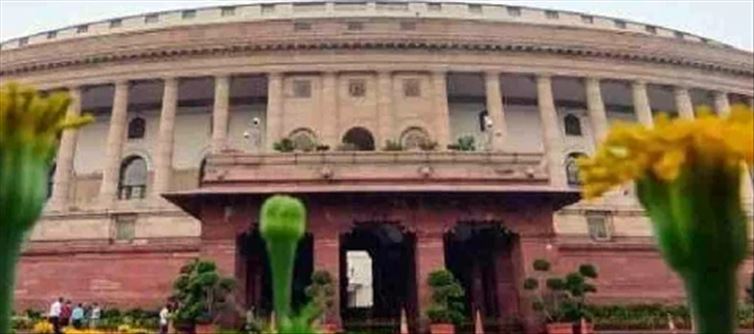
On september 20, the Nari shakti Vandan Act bill brought for 33 percent reservation for women in
Parliament and Legislative Assemblies was passed. Now the bill will be presented in the rajya sabha and
after its passage here too, the process of making a law for 33 percent reservation for women will be started.
After the bill is passed, a law may be made soon, but there are many obstacles in the way of its
implementation, due to which we may have to wait till 2029 or even 2034. Actually, for the bill to be passed,
census and delimitation is necessary.
It has been said in the bill that the provisions of the bill will be implemented only after the process of
delimitation is completed after the census data. That means the implementation of the bill depends on both
these processes. lok sabha and assembly constituencies are redrawn through delimitation.
What is delimitation?
Due to the increasing population, delimitation is a necessary process so that the population can be represented
equally and everyone can get equal opportunities. From time to time, after the census, the boundaries of
constituencies are redrawn through delimitation. However, the census was to be held in 2021, the work of
which has not been completed yet. The delimitation work is to start from 2026. After delimitation the number
of constituencies increases, but since 1971 the number of MPs in the lok sabha in the country is only 543.
Why has the number of MPs in the lok sabha been 543 since 1973?
Census has been conducted 7 times since independence, but delimitation could be done only four times -
1952, 1963, 1973 and 2002. However, when the last delimitation took place in 2002, there was no change in
the number of constituencies, i.e. since 1971, the number of lok sabha members remains 543. In 1976, the
then prime minister Indira gandhi had brought the 42nd Constitutional Amendment Bill, in which there was a
proposal to ban the redrawing of boundaries of constituencies till 2001. He had given this proposal in
Parliament citing the promotion of family planning. In 2001, the atal bihari vajpayee government introduced
the 91st Constitutional Amendment Bill and proposed to extend this ban till 2026. Former Prime Minister
Vajpayee had also maintained the ban citing population stabilization agenda.




 click and follow Indiaherald WhatsApp channel
click and follow Indiaherald WhatsApp channel